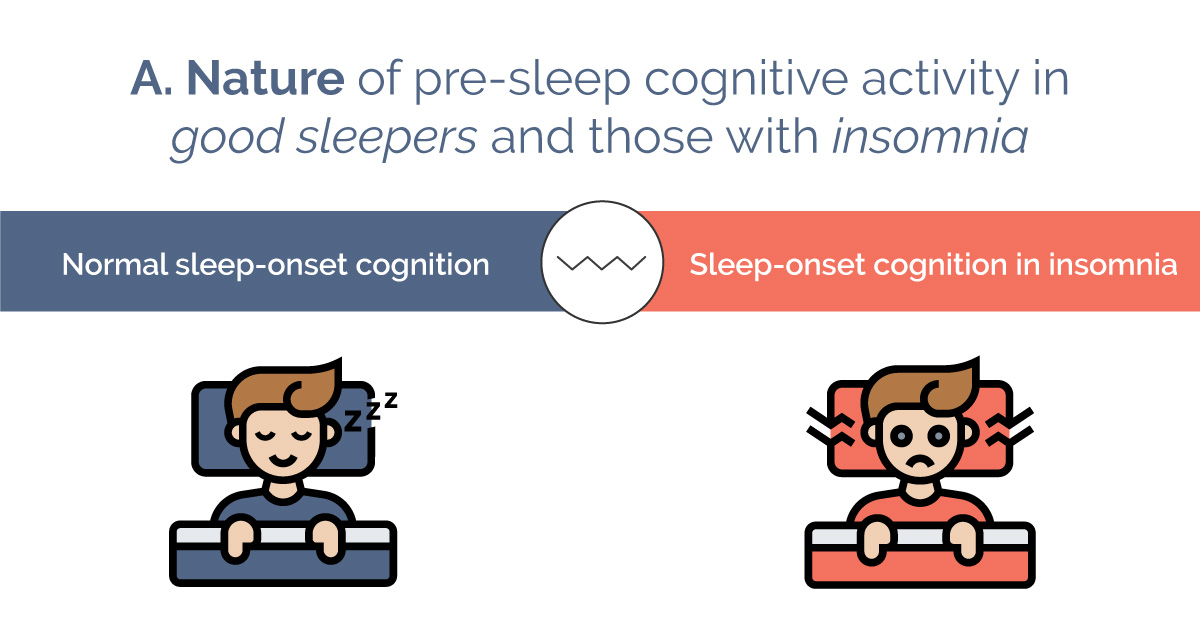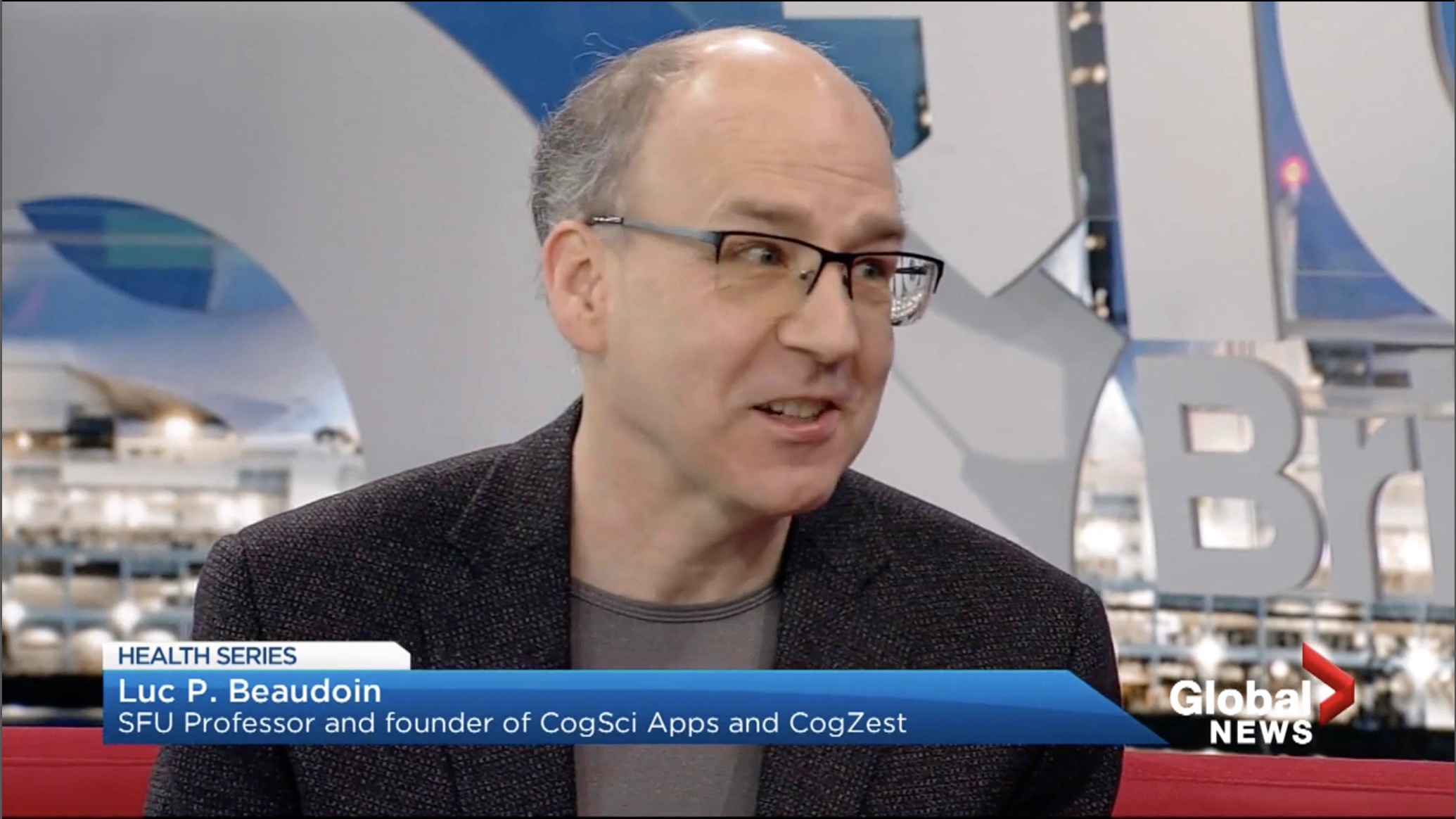
As an undergraduate student in psychology, on Sunday evenings I sometimes had trouble falling asleep.
In my third year, I was introduced to (and fell in love with) theoretical AI-driven cognitive science. I learned that Professor Claude Lamontagne had devised a computational theory of visual motion perception, from which he rigorously predicted an entirely new class of visual illusions. (By rigorously, I mean that his computer simulation of visual motion perception evinced these illusions: Sigma smooth pursuit eye movements). Lamontagne not only had a theory, he demonstrated the potential of theoretical AI for psychology. If you deeply understand a system, you may be able to predict new phenomena and also manipulate the system, and perhaps even trick it. (Sadly, rather than focusing on Lamontagne’s theory of visual motion perception, empirical psychologists latched onto Lamontagne’s Sigma effect merely as an experimental paradigm, which became a little empirical cottage industry. If you are interested in computational psychology, you must read Lamontagne’s thesis. It is a masterpiece.)
Lamontagne’s work led me to ask myself, “if I understood how the brain controls sleep onset, could I devise thought patterns that would help me fall asleep?” So, I would try to form a model of the system, informally derive hypotheses from it, test them on myself, use the data to try to improve my understanding, and iterate.
Fast forward many moons: my colleagues and I conducted the first systematic literature review on sleep onset mentation, which was published in Sleep Medicine Reviews last month: Lemyre, A., Belzile, F., Landry, M., Bastien, C., & Beaudoin, L. P. (2020). Pre-sleep cognitive activity in adults: A systematic review. Sleep Medicine Reviews, 50, 1-13.
To help the general public understand it, with Laura Lefurgey-Smith, we then designed an infographic about our paper. The header image of this post is cut from that infographic.
Continue reading Can Your Bedtime Thinking Keep You Awake? Or Help You Fall Asleep?


